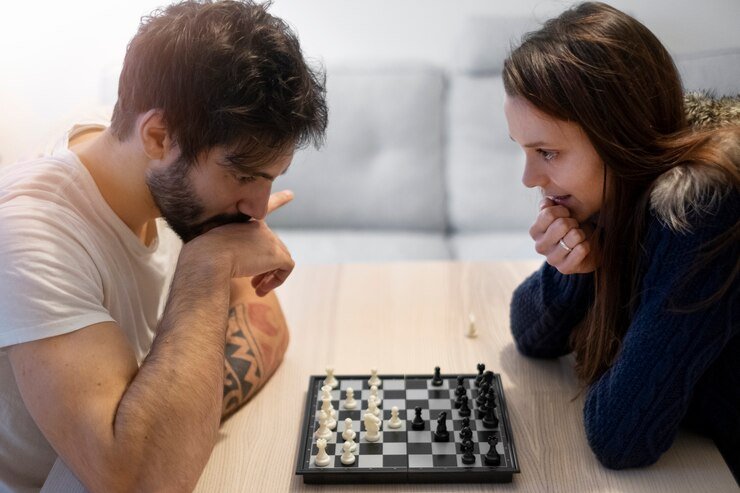
Online classes for chess training have also gained much importance in the current generation in enhancing their chess skills. Getting the best from these training sessions requires adherence to a set procedure. In this article, you will find important tips on how to make your chess training on the Internet as effective as possible.
Players should set realistic targets before they can engage in online chess training. When one wants to enhance opening plans, endgame methods, or midterm game plans, setting realistic goals will help track performance adequately. For novices, goals like learning all the basic opening positions or knowing all basic checkmates are legitimate objectives. More experienced participants might be interested in rebuilding specific tactics or getting ready to compete. Having concrete goals assists in shaping direction and is also an incentive to improve the results from every training session.
Choosing the right platform is crucial to achieve the learning objectives that are set. There are hundreds, if not thousands, of sites that provide chess courses, but the critical issue would be the identification of a site that fits the student’s preferences and requirements. When it comes to parents looking for the best online chess classes for kids, it would be best to go for classes with features such as interactive lessons, enjoyable content, and levels of difficulty appropriate for the age of the child. Such platforms may have extras such as games, quizzes, and progress bars to make the process fun and fast for young learners.
Regular practice is required in training for chess. Practice sessions, therefore, assist in reinforcing the concepts that have been taught during lessons and helping the learners to perform better. To effectively prepare for a game, the players should engage in a combination of activities that include solving problems, playing with computer opponents, and analyzing previous games. Another very important aspect of the game is the role of exploring and evaluating previous games and games played, as well as exploring the games’ mistakes and good moves. This reflective process helps in the exposure and elimination of mistakes and is useful for players and individuals.
Several features and facilities can be availed while learning through online chess training platforms. Components like tactical puzzles, strategy exercises, and interactive tutorials can be useful for gaining insights and practising. Approaching these tools also aids in enhancing the problem-solving competencies as well as the fundamental theories encountered in the exercise. Besides, most platforms also contain options for finding friends and joining communities where players can exchange strategies and receive recommendations, which contributes to the further growth of knowledge.
Feedback is an essential element of training. Online chess platforms contain performance evaluation and coaching based on the games and training sessions. The feedback that players receive in their respective positions should be keenly followed and analyzed by players for necessary adjustments. This makes it easier to monitor progress and address challenges that may be experienced from time to time. For instance, if a player is poor in a certain area of the game, increasing practice in that area will pay off.
These strategies will help players to reap the most out of their chess practice sessions, particularly those undertaken online. It was established that to have success in the online training of chess, one has to set goals, select the appropriate site, practice regularly, use effective tools, take feedback, and ensure that the training activities are fun.